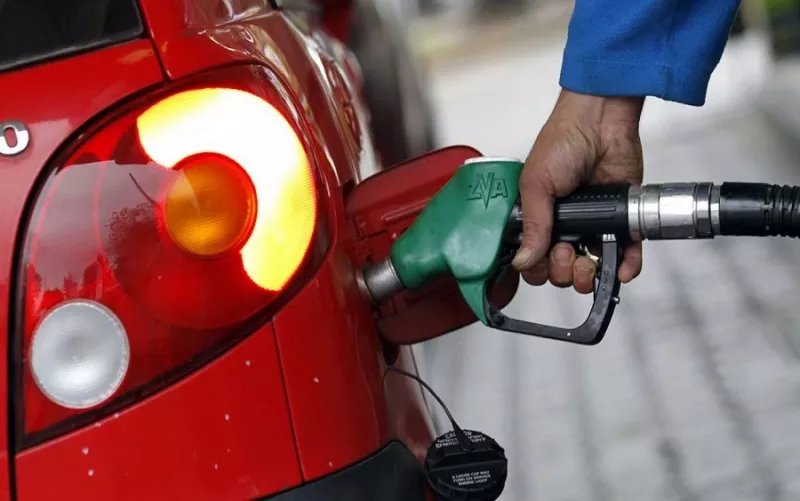Across the world, oil is bought and sold for petrodollars as a form of payment. No, petrodollars are not another form of currency. It is all about the trading of oil for US dollars. The petrodollar system was established in 1973 through a pact between the United States of America and Saudi Arabia. Both nations decided to set oil prices and conduct trades in US dollars. The implication is that any nation or country that wants to buy oil will pay in dollars.
This has become a standard adopted by the Organization of Petroleum Exporting Countries (OPEC) over the years.
The Nigerian scenario: As a member of OPEC, Nigeria is one of the biggest oil-producing countries in Africa. For years, the country used to be the biggest but somehow has lost its position along the line due to low production from oil theft, infrastructural challenges, and among others. The non-remittance of oil proceeds has continued to be a major concern as the country’s economy is dependent on oil. Despite accounting for about 6.63 per cent of the country’s GDP, over 95 per cent of Nigeria’s export earnings come from oil.
Over the years, the Central Bank of Nigeria and NNPC have been embroiled over remittances from oil proceeds. The CBN has often claimed to receive zero remittances from the NNPC. On the other hand, the NNPC claimed it indeed remitted funds to the CBN. The latest of the accusations came after the FAAC alleged that the NNPC between 2015 and 2022 sold domestic oil for a lower exchange rate asides that of the CBN, which has led to under-remittance from the NNPC.
The non-remittance of petrodollars and the impasse between the CBN and NNPC indeed affect the Nigerian economy in different ways. Highlighted below are some of the ways that it does.
Low allocation to states: In Nigeria, all three tiers of government, across the six geopolitical zones do receive a monthly allocation from the Federal Account Allocation Committee (FAAC). In December 2022, the FAAC allocated N990 billion to the three tiers of government. The amount shared includes proceeds from Value Added Tax, Gross statutory revenue, exchange gain, and Electronic Money Transfer Levies (EMTL).
According to a report conducted by SBM Intelligence, between 2017 and 2020, only two states (Lagos and Ogun) made more IGR than the allocation they received from the FG. This shows that over 90 per cent of states in the country rely on the FAAC allocation which is mostly funded through oil proceeds.
With no remittance, the funds available to be shared among state government have been reduced and some has attributed this to the non-payment of salaries by some states, which slowed down development in such states.
Naira/exchange rate crisis: The naira crisis, which has lingered for years, has been attributed to the non-remittance of petrodollars.
As of January 26, 2023, the naira traded at N459.97 against the dollar at the official rate and N750 at the parallel market. This was due to the high demand for the dollar. In 2022, the country witnessed a mass emigration of individuals to different parts of the world, especially Europe and North America. Most of these individuals have left through the education route. This means there was increased demand for dollars for tuition payments, among other expenses. With no remittance from oil which is a major source of FX, the demands were mostly met from autonomous sources which have further weakened the naira against the dollar.
High inflation rate: Nigeria doesn’t print dollars as it’s not our official currency. Instead, the availability of the dollar in the country mostly comes from exports. As stated earlier, 95 per cent of export earnings are from oil. Consequently, the non-remittance of export earnings inevitably causes inflation. As you may know, the manufacturing sector has been left to scramble for dollars for the importation of raw materials. The unavailability of dollars at the official exchange rate often forces companies to source from autonomous sources which are usually higher than the official market. This has in turn affected the prices of goods and commodities in the market as manufacturing companies try to recoup the cost by increasing the prices of their products.
In an immediate response to non-remittance, it’s non-negotiable that the country has to get its refineries working. Despite high oil prices, Nigeria has had to spend more on importing petroleum products, and the country’s growing subsidy had eaten into proceeds that should be remitted into the country’s purse. Also, the CBN and NNPC have to display some level of transparency.




